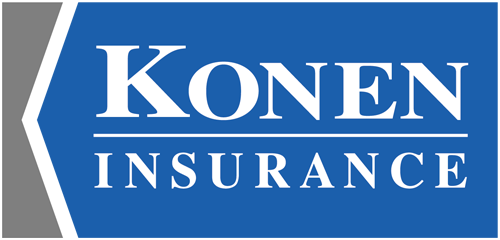Effective 1/1/2020 Illinois requires all businesses with one employee or more to hold annual training on sexual harassment. Many employers have questions about what the training looks like.
Best research from googling – sexual harassment training must include the following:
1) an explanation of sexual harassment
2) examples of conduct constituting unlawful sexual harassment
3) summary of federal and state laws concerning harassment and remedies available to victims and
4) a list of employer responsibilities to prevent, investigate, and correct instances of sexual harassment.
Bars and restaurants have additional requirements to establish a sexual harassment prevention policy and must provide a copy to their employees that meets or exceeds minimum requirements set forth in the bill. Also, they must provide training in Spanish and in English that includes industry-specific conduct and activities, and an explanation of manager liability. All training must be personalized to a respective business.
To assist with the additional burden of training employees, the bill mandates the Illinois Department of Human Rights (IDHR) to develop a free training program for employers. Initially, the IDHR shared they will have the model training available by the end of February. However, the IDHR has not yet published the training. The IDHR updated the delivery date to the end of March. You can visit the IDHR website here. In the meantime, another option to fulfill training is to hire an outside firm to provide the training. This could be an attorney or another consulting firm.
Awareness is an important aspect of training and knowledge is a great thing to help improve the work environment and experience.
Unfortunately, with that comes the threat of increased claims of harassment and potential fraud. Sexual harassment training educates employees on remedies available to them to correct harassment issues. However, how do employers protect themselves from potential lawsuits – both actual and fraudulent? Harassment claims may arise, and defending them can be difficult and expensive. A well-communicated harassment policy and employee training, paired with employment practice insurance, are all important parts of a proactive approach to protecting employers.
Why EPLI cover? Actual and fraudulent claims manifest as long lawsuits with staggering attorney fees. The verdicts can span a wide dollar range – making it difficult to select an appropriate limit. The attorney fees alone can be enough to debilitate a business. Employment practices liability insurance (EPLI) coverage is not inexpensive. However, a closed business will be far more expensive. There are options to add coverage to Directors & Officier policies, package policies, or standalone options to provide coverage.
In the past, our approach was to educate all employers to explore EPLI coverage and we strongly encouraged coverage to businesses with 25 or more employees. This was an employee count we determined based on industry experts and company underwriters to be the threshold where claims uptick. However, with the passing of the new state law and annual training requirement, this really changes things. It is a logical expectation that claims will be more prevalent and increase in count. What are you doing to protect yourself?
